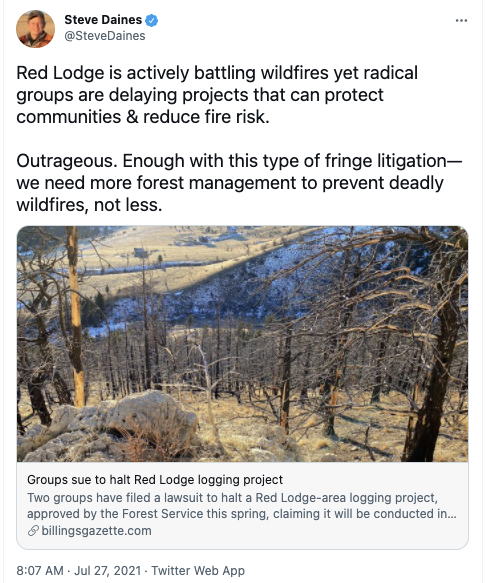How Montana can start building more houses, in 24 hours or less
Imagine instead if a developer could walk into a city permit office with their plans, walk out with a permit and start construction that same day.
Government central-planning means over-riding other people’s plans. – Thomas Sowell
Delays in housing development are common, as building permits often take months to be approved by local planning departments. Montana developers have noted that prolonged permit approval times add thousands of dollars to the costs of construction, making housing more expensive. In Missoula, for example, permit approvals can take 10-12 weeks and add upwards of $20,000 to the cost of new developments.
Imagine instead if a developer could walk into a city permit office with their plans, walk out with a permit and start construction that same day.
Our friends at the Libertas Institute recently highlighted a concept implemented by the city of Phoenix called the ‘24-hour city.’ The system streamlines the process of obtaining a building permit and (as the nickname implies) leads to approvals in less than 24 hours, paving the way for quicker and more affordable housing development.
The model creates a “self-certification” process which allows private architects and engineers to review their own plans for compliance with city code. Professionals are required to pass a city training program and undergo random audits, but once they’re trained, they will be able to submit their building plans and get approved during the same visit. The process is even quicker online.
In 2020, Maricopa County illustrated the success and strength of the model with a 20 percent increase in approved building permits while the number of new developments lagged throughout the rest of the United States.
As local governments in Montana grapple with the housing affordability crisis, officials should consider implementing innovative reforms like Phoenix’s 24-Hour City.
For Liberty,
Kendall Cotton
. . .
Spend Less
- Missoula City Council member Gwen Jones recently wrote an opinion column defending Missoula’s use of debt to finance city investments:
“The City of Missoula’s debt increased from $49.8 million in 2006 to $216.4 million at the end of fiscal year 2020.”
Jones took issue with claims that debt represented government spending which drives up property taxes, asserting that most of the city’s debt is financed by utility fees.
Our Take:
City officials can equivocate all they want about whether debt is financed by “property taxes” or by utility fees, but at the end of the day there are no free lunches in government. New government spending eventually must be paid for by the taxpayer, whether in the form of higher taxes, fees or something else. Prudent budgeting would mean placing firm limits on the growth of new government spending, keeping growth within the bounds of economic growth.
Telehealth Freedom
- Congressman Matt Rosendale introduced legislation that would lock in pandemic-related regulatory flexibilities for Medicare beneficiaries to continue receiving behavioral and mental health services via telehealth. The bill would allow Medicare beneficiaries to continue using traditional telephones to talk to their providers, among other reforms.
Our Take:
This is an important reform from Congressman Rosendale to preserve healthcare access. Thousands of Montana seniors who used their audio-only telephones to speak with their mental health providers during the pandemic risk losing that access once federal regulatory flexibilities end.
Timber Lawsuits
- Senator Steve Daines criticized radical environmentalist groups after recent news that lawsuits have been filed to stop planned forest restoration projects near Red Lodge.

Our Take:
Senator Daines is spot on. Research is clear: Proactive forest restoration – including logging and selective timber harvests – helps mitigate unnaturally severe wildfires. Unfortunately, active restoration management is often held up by lawsuits.
